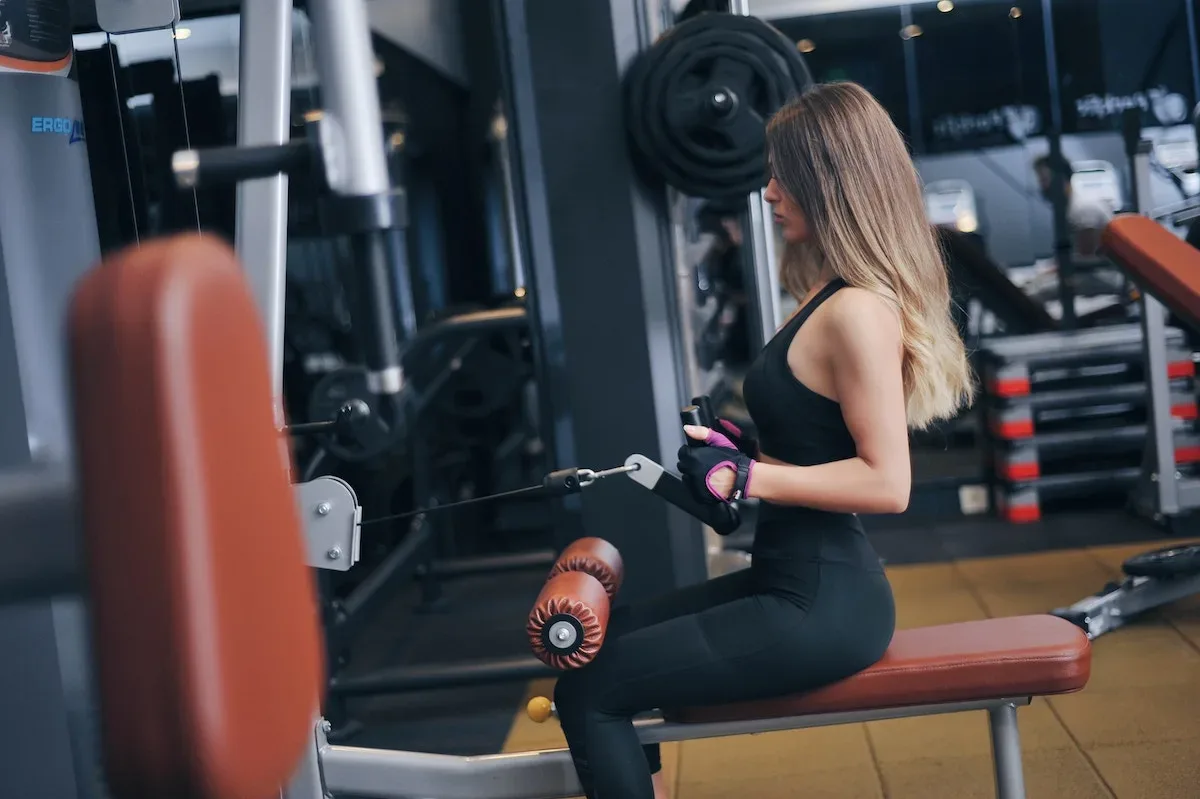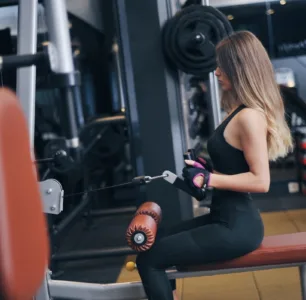Do you ever feel sluggish and lacking in energy? Are you prone to stress and anxiety? Exercise could be the answer to boosting your physical and mental wellbeing. Regular physical activity is a key component of a healthy lifestyle, and the benefits of exercise are numerous. In this article, we’ll explore seven reasons why exercise is essential for your health and wellbeing.
Improved Cardiovascular Health
The heart is one of the most important organs in the body, and regular exercise can help to keep it healthy. When you exercise, your heart works harder to pump blood around the body, which helps to strengthen the heart muscle. Over time, this can lead to improved cardiovascular health, including a lower risk of heart disease and stroke.
Exercise can also help to improve circulation, which can reduce the risk of blood clots and other cardiovascular conditions. By lowering blood pressure, exercise can help to reduce the strain on the heart, which can further reduce the risk of cardiovascular disease.
There are many types of exercise that can improve cardiovascular health, including aerobic exercise, resistance training, and high-intensity interval training (HIIT). It’s important to choose an exercise that you enjoy and that fits into your lifestyle, so that you are more likely to stick with it in the long term.
Weight Management
Maintaining a healthy weight is important for overall health, and exercise is one of the most effective ways to manage your weight. When you exercise, you burn calories, which can help to create a calorie deficit and lead to weight loss. Resistance training, in particular, can help to build muscle, which can increase your metabolism and help you to burn more calories even at rest.
In addition to helping with weight loss, exercise can also help to prevent weight gain. Regular physical activity can help to reduce the risk of obesity and other weight-related conditions, such as type 2 diabetes.
Reduced Risk of Chronic Diseases
Exercise can help to reduce the risk of a range of chronic diseases, including type 2 diabetes, osteoporosis, and some forms of cancer. Regular physical activity can help to improve insulin sensitivity, which can reduce the risk of type 2 diabetes. Exercise can also help to improve bone density, which can reduce the risk of osteoporosis.
Studies have also shown that exercise can help to reduce the risk of certain types of cancer, including breast and colon cancer. This may be due to the fact that exercise can help to regulate hormone levels and reduce inflammation in the body.
Improved Mental Health
Exercise is not just beneficial for physical health – it can also have a positive impact on mental health. Regular exercise has been shown to reduce the symptoms of depression and anxiety, and can help to improve mood and self-esteem. Exercise can also help to reduce stress and improve sleep quality.
When you exercise, your body releases endorphins, which are feel-good chemicals that can help to improve mood and reduce feelings of anxiety and depression. Exercise can also provide a sense of accomplishment and improve self-esteem, which can further contribute to improved mental health.
Improved Cognitive Function
Exercise has been shown to improve cognitive function, including memory, attention, and decision-making skills. Regular physical activity can help to increase blood flow to the brain, which can help to improve cognitive function.
Exercise can also help to reduce the risk of cognitive decline and dementia in older adults. This may be due to the fact that exercise can help to improve blood flow to the brain and reduce inflammation, both of which can contribute to cognitive decline.
Increased Energy Levels
If you find yourself feeling tired and sluggish, exercise could be the solution. Exercise is a natural energy booster, and regular physical activity can help to increase energy levels, reduce fatigue, and improve overall stamina.
Exercise can also help to improve the quality of sleep, which can contribute to increased energy levels during the day. When you exercise, your body temperature increases, and then drops back down after exercise, which can help to promote better sleep.
Social Benefits
Exercise can also have social benefits. Participating in physical activity can provide opportunities for social interaction and can help to build social connections and support networks. This can be particularly beneficial for older adults or those who are socially isolated.
Joining a fitness class or sports team can be a great way to meet new people and make new friends. Exercise can also be a shared activity with friends or family members, which can help to strengthen relationships and improve social connections.
Social support can be an important factor in maintaining a healthy lifestyle. When you have social support, you are more likely to stick with your exercise routine and make other healthy choices, such as eating a balanced diet.
How Much Exercise Do You Need?
The benefits of exercise are clear, but how much exercise do you actually need? The answer depends on your goals and your current level of fitness.
For general health and wellbeing, it’s recommended that adults aim for at least 150 minutes of moderate-intensity exercise per week. This can be broken down into 30 minutes of exercise on five days per week.
If you’re looking to improve your cardiovascular fitness, you may need to aim for more exercise, such as 150-300 minutes per week of moderate-intensity exercise or 75-150 minutes per week of vigorous-intensity exercise.
Resistance training, such as weightlifting, should also be incorporated into your exercise routine at least twice per week. This can help to build muscle and increase metabolism, which can contribute to weight management and improved overall health.
How to Get Started
If you’re new to exercise, it can be overwhelming to know where to start. The key is to start small and gradually build up your fitness level over time.
Walking is a great way to get started with exercise. Start by aiming for a 10-minute walk each day and gradually increase the length and intensity of your walks as you become more comfortable.
Swimming, cycling, and dancing are also great options for low-impact cardiovascular exercise. Resistance training can be done with bodyweight exercises or with weights, such as dumbbells or resistance bands.
It’s important to choose exercises that you enjoy and that fit into your lifestyle. This will help to ensure that you stick with your exercise routine in the long term.
Final Thoughts
Exercise is an essential component of a healthy lifestyle, and the benefits of exercise are numerous. Regular physical activity can improve cardiovascular health, manage weight, reduce the risk of chronic diseases, improve mental health, increase energy levels, and provide social benefits.
If you’re new to exercise, it’s important to start small and gradually build up your fitness level over time. Walking, swimming, cycling, and dancing are all great options for low-impact cardiovascular exercise, while resistance training can help to build muscle and increase metabolism.
By making exercise a part of your daily routine, you can enjoy the many benefits of physical activity and improve your overall health and wellbeing.

